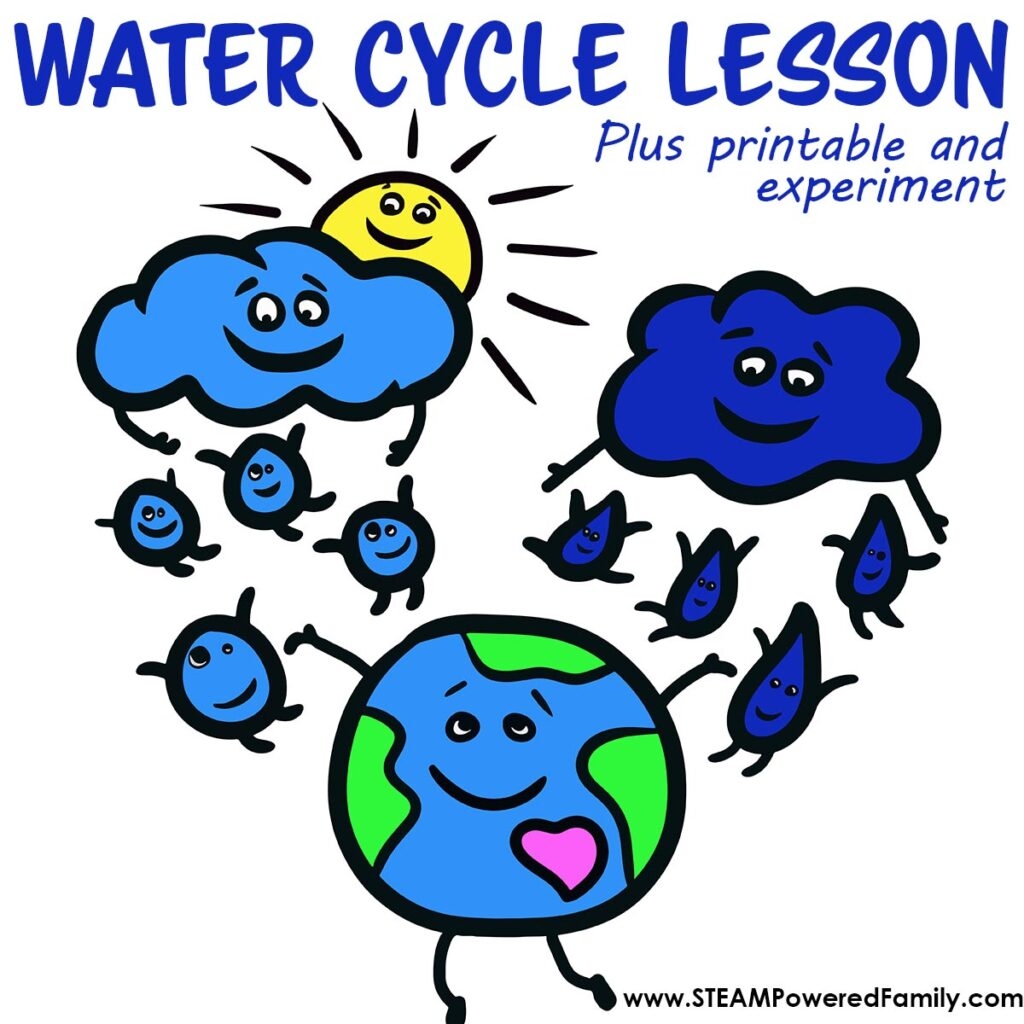Water cycle, also known as the hydrological cycle, is a continuous process where water evaporates from the Earth’s surface, rises into the atmosphere, cools and condenses into clouds, and eventually falls back to the Earth as precipitation. Understanding the key terms associated with the water cycle is essential for grasping how this natural phenomenon works.
Let’s delve into some of the important water cycle vocabulary to help you gain a better understanding of this crucial process.
Key Water Cycle Vocabulary
Evaporation: This is the process where water from bodies of water, such as oceans, lakes, and rivers, is heated by the sun and turns into water vapor, rising into the atmosphere.
Condensation: After water vapor rises into the atmosphere, it cools and condenses into clouds, which are made up of tiny water droplets or ice crystals.
Precipitation: This refers to any form of water, such as rain, snow, sleet, or hail, that falls from the atmosphere to the Earth’s surface.
Transpiration: This is the process where plants absorb water from the soil through their roots and release it into the atmosphere through their leaves as water vapor.
Runoff: When precipitation falls onto the Earth’s surface, it can flow over the ground and collect in rivers, lakes, and oceans, forming bodies of water.
Understanding these key terms can help you grasp the various stages of the water cycle and how water moves through the environment in a continuous loop. The water cycle plays a crucial role in maintaining the Earth’s ecosystems and ensuring the availability of fresh water for all living organisms.
Next time you see rain falling from the sky or notice a stream flowing into a river, remember the intricate processes of evaporation, condensation, and precipitation that are at work in the water cycle. By familiarizing yourself with the vocabulary associated with this natural phenomenon, you can appreciate the beauty and importance of water in sustaining life on our planet.
In conclusion, the water cycle is a complex and essential process that impacts all living organisms on Earth. By understanding the key vocabulary associated with the water cycle, you can gain a deeper appreciation for the interconnectedness of water in our environment. Let’s continue to learn and educate others about the significance of the water cycle in maintaining the delicate balance of our planet’s ecosystems.
